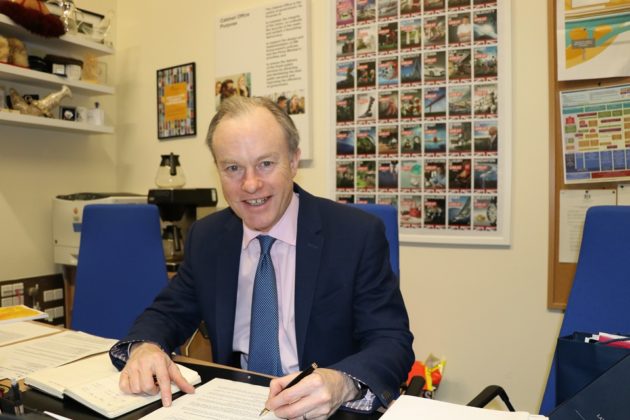Introducing the COVID-19 Communications Advisory Panel report
GCS has collaborated with industry bodies and experts to develop a report on the impact of Coronavirus (COVID-19) on the work of professional communications.
Alex Aiken, Executive Director, Government Communications Service (GCS) introduces the report and reflects on its findings.

“The coronavirus pandemic is a unique and unprecedented scenario. It has had profound and far-reaching consequences for citizens and businesses, their communities and industries, in the UK and across the world.
“Undoubtedly, the virus will continue to shape local, national and international agendas for months and years to come.
“It has impacted every sector, and communication is no different.
“It has shown the critical nature of our work in listening and engaging with internal and external stakeholders.
‘It has forced us to adopt new ways of working, bringing the virtual team more to the fore, as the majority of colleagues have worked from home, and highlighting the importance of wellbeing at work for those physically isolated from colleagues.
“It has reframed the way we communicate, with owned media platforms taking centre stage, and organisations everywhere adopting a more empathetic, personal tone in both their internal and external communication.
“Finally, it has displayed the fundamental significance of our profession in responding to crises, with communication being a central and fundamental pillar of the national response, and communication professionals demonstrating their value in helping leaders engage with internal and external audiences.
“This report documents these changes, shares examples of best practice, identifies lessons we can learn, and calls attention to the opportunities we have been presented with.
“I am grateful to the Chartered Institute of Marketing (CIM), the Chartered Institute of Public Relations (CIPR), the Institute of Internal Communication (IoIC), the Local Government Association (LGA), the Public Relations and Communications Association (PRCA) and to other colleagues across the Government Communication Service (GCS) for their support during this time and in publishing this report.”
- Image credit:
- Alex Aiken (1)
